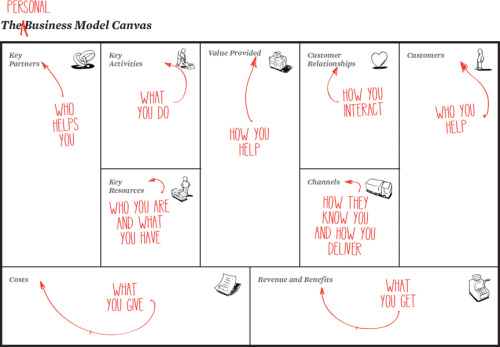
This week I was an invited keynote speaker for a ‘Creating Positive Change’ event which aimed to inspire and support university research students to pursue socially enterprising research applications and careers in social entrepreneurship.
It was organised by Bath Spa University, the University of Bristol, the University of Exeter, and UWE Bristol.
For many years now many organisations, right up to and including the government, have been trying to persuade the research community to be more ‘enterprising’. This has largely been in an attempt to better commercialise the products of university research, but also to encourage a highly skilled and potentially innovative group of researchers to venture out into business to apply that know-how. It’s also very true that there simply aren’t enough jobs in academia for all these emerging PhDs and it’d be good to find them something appropriate to do…
However, many people pursuing research are doing so for reasons other than commercial success. They want to change the world, do a good, just explore an idea, or follow their curiosity. The idea that that academic research motivations necessarily fold neatly into economically-productive ventures is rather wishful.
However, for several years a number of people (myself included but particularly Dr Paul Spencer in the context of research students and staff) have been promoting social entrepreneurship as a model far more likely to resonate with researchers, both as a means of developing the impact of their ideas, but also as a career path for the socially-conscious researcher and innovator.
This particular event drew together early-career researchers and research students from the four universities to explore this subject.
First up was Dan Gregory who gave a comprehensive overview of the social economy and (with other colleagues) showcased a variety of inspiring social enterprises that have emerged from university research.
These were some of the best examples Dan highlighted:
- Design Against Crime – a University of the Arts London initiative that takes design for good as a specific challenge to fight crime!
- Grocycle – urban mushroom farming re-using unused buildings, recyling waste, growing produce sustainably, educating people…
- Give Me Tap – re-usable water bottles reduce waste in the UK and invest in clean water projects overseas
Next up Dr Paul Spencer highlighted the importance of ‘starting with why’; using Simon Sinek’s mantra to focus the participants on the importance of purpose as something that underpins both research and social ventures.
Then I ran a session sharing a simple toolkit for helping researchers explore both the potential value of their ideas and the value of their own skill-set developed through research. The latter element was very similar to my previous blog about personal business models. The slides from the first section covered Value Proposition Design and are available from my SlideShare. My focus was on translating an interesting research subject into a feasible, viable, and sustainable product or service.
The participants then huddled, shared some ideas they’d already been thinking about, and developed them for a poster presentation session using the tools provided in my session.
Despite some initial struggles to hone the ideas down they readily took up the challenges of identifying customers, finding a product-market ‘fit’, telling a compelling story and articulating business ideas that were not just economically viable but socially impactful too.
Helping our research community act on their insights and ideas, but stay true to their values has got to be one of the most rewarding things I do!
One thought on “From Research to Social Entrepreneurship”